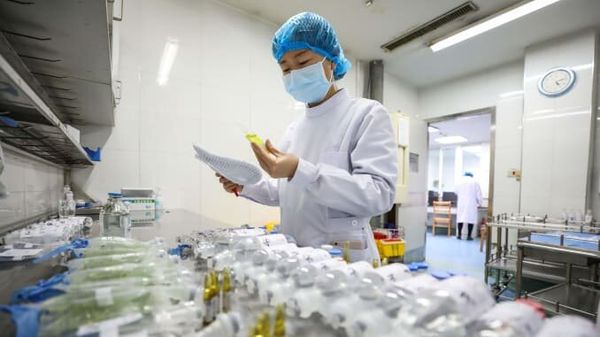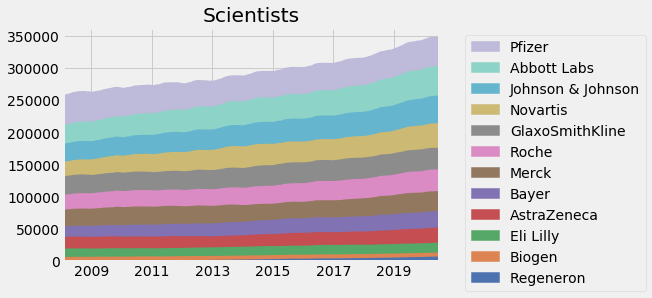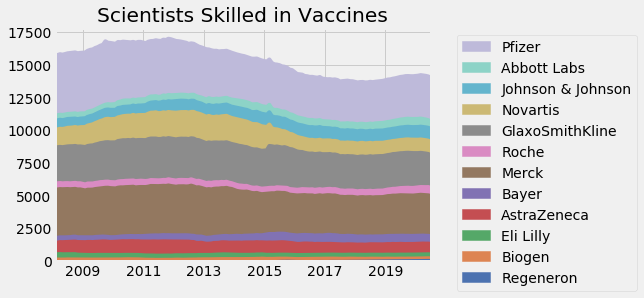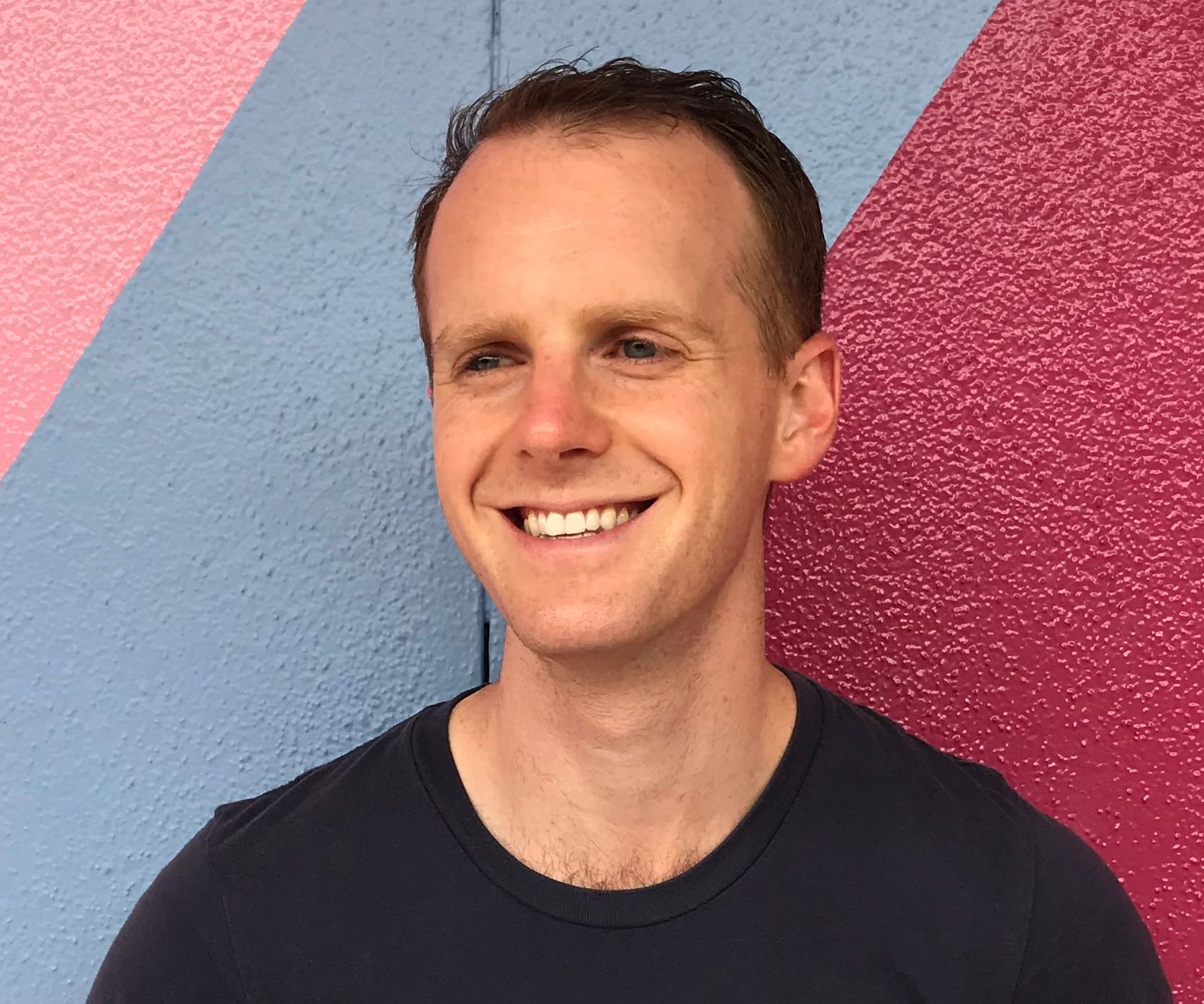Why Are Vaccines Taking Longer Than They Should?
It turns out vaccine emphases among scientists have become less common

There has been tremendous speculation about when a COVID-19 vaccine will be ready and what pharmaceutical companies will be involved in the manufacturing and distribution. It would be hard to find anyone whose well-being would not be dramatically improved by a vaccine.
By looking into the skills of scientists at major pharma companies with our HR database systems, Revelio Labs is able to unearth a surprising sort of diagnostic analytics that shows skills related to vaccines have been on a long-term decline since 2011, a trend that has only recently started to reverse.
Below we can see that scientists have been growing in top pharma companies across the board:

Sign up for our newsletter
Our weekly data driven newsletter provides in-depth analysis of workforce trends and news, delivered straight to your inbox!
And yet, below is the subset of scientists with skills in vaccines:

Takeaways:
- Skills in vaccines have fallen from a previous peak in November 2011 by over 17%, a time when overall scientists have increased by 25%, our HR database systems show.
- Of the top pharma companies, there are only three companies with significant vaccine teams: Pfizer, GSK, and Merck, while many other large pharma companies have not invested in vaccine research.
- Vaccines are somewhat of a niche area compared to many other priorities. For example, there are about 15,000 scientists across these companies skilled in vaccines, compared to about 50,000 for oncology research.
If you have any ideas of other diagnostic analytics or would like to hear more about Revelio Labs, please feel free to reach out to us. You can also check out some of our earlier newsletters involving skills analysis, including this one here.


